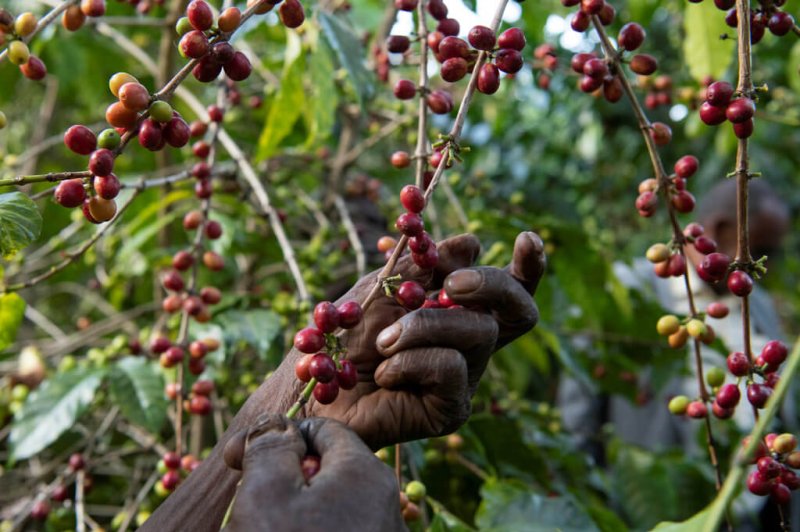According to a 2014 study, under modest declines of greenhouse gas emissions, about 50 percent of the land with conditions suitable for growing the two main species of coffee, arabica and robusta, which account for 99 percent of commercial supply, “could disappear by 2050.” Brazil and Vietnam, major producing countries, would be especially hard hit.
To the billions of people around the world who rely on drinking coffee (to put it mildly), that forebodes many difficult mornings and possibly rising prices. To the 100 million or so coffee farmers, to say nothing of the tens of millions more who work in transporting, packaging, distributing, selling and brewing coffee, the effects of climate change are making an already precarious existence even more so.
Next year, World Coffee Research will start a global breeding network, which aims to introduce modern breeding techniques and new varieties in coffee-producing countries to help farmers dealing with new climatic conditions. Based on the information that is obtained, the organization will evaluate how new species perform in different environments around the world, a sort of real-time lab trial.































